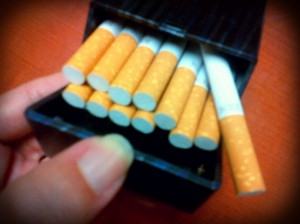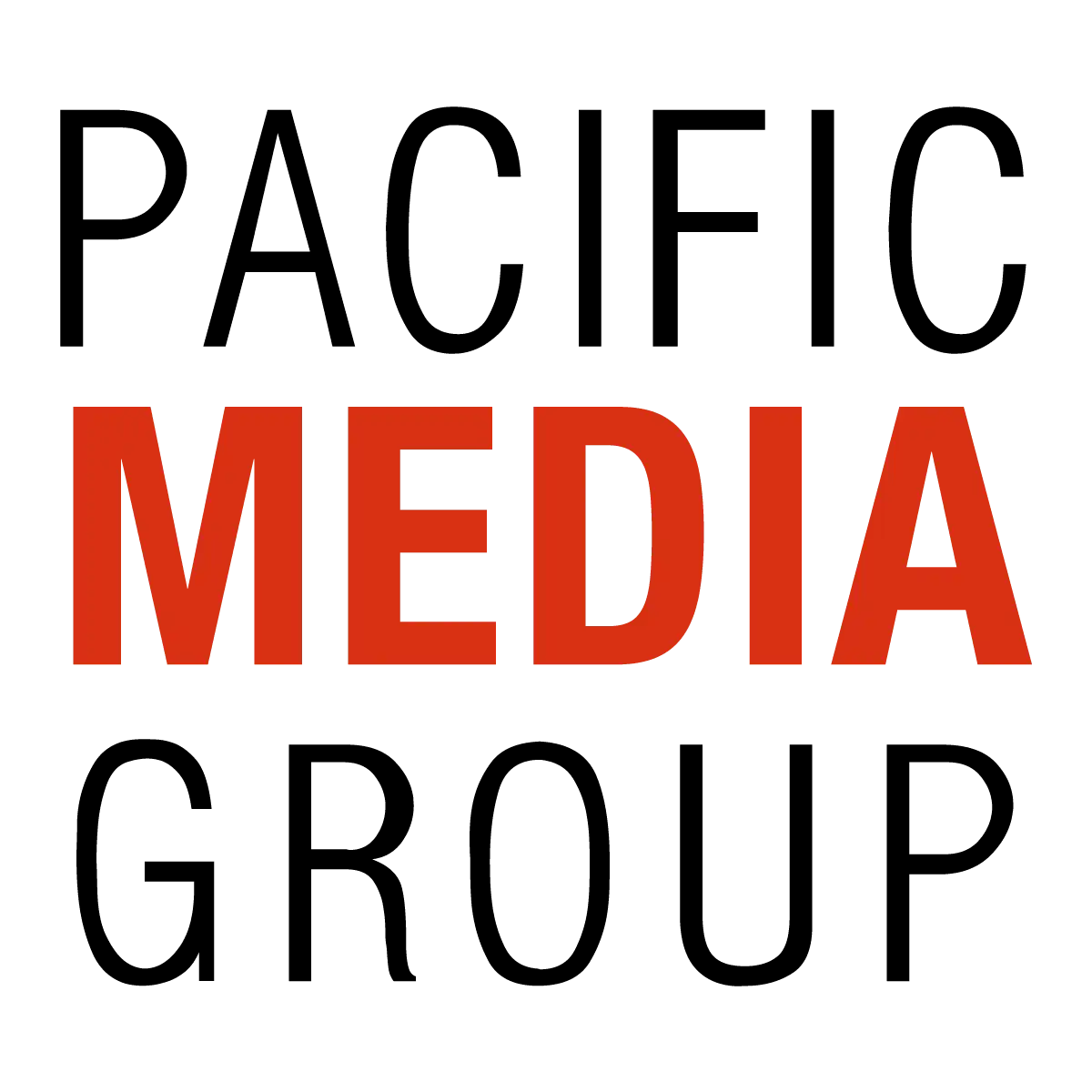Report: Hawaiʻi Using Just 4% of Funds from Tobacco Settlement for Prevention
Hawaiʻi ranks sixth in the nation in funding programs to prevent kids from smoking and to help smokers quit, but that it’s only using a portion of proceeds from the tobacco settlement for such prevention programs, according to a national report released today by a coalition of public health organizations.
The study, titled “Broken Promises to Our Children: A State-by-State Look at the 1998 State Tobacco Settlement 17 Years Later,” was released by: the Campaign for Tobacco-Free Kids, American Heart Association, American Cancer Society Cancer Action Network, American Lung Association, the Robert Wood Johnson Foundation, Americans for Nonsmokers’ Rights and Truth Initiative.
It notes that tobacco companies spend $4 to promote tobacco use for every $1 Hawaiʻi spends to prevent it, with Hawaiʻi spending $6.8 million this year on tobacco prevention and cessation programs. That’s just 4% of the $170.9 million that will be collected by the state this year from the 1998 tobacco settlement and tobacco taxes.
The report warns that this gap is “undermining efforts to save lives and health care dollars.” It also identified tobacco use as the number 1 cause of preventable death in the US.
In Hawaiʻi, the report notes that 10.4% of high school students smoke, and 800 kids become regular smokers each year. According to the report, tobacco also claims 1,400 lives and costs the state $526 million in health care bills annually.
The report assesses whether the states have kept their promise to use a significant portion of their settlement funds – estimated to total $246 billion over the first 25 years – to fight tobacco use. The states also collect billions of dollars more each year from tobacco taxes.
Hawaiʻi made history this year when it became the first state to raise the age of sale for tobacco products to 21. The law takes effect Jan. 1, 2016. Combined with its high cigarette tax (at $3.20 per pack it ranks 5th among the states), a strong smoke-free workplace law and the state’s tobacco prevention and cessation programs, these efforts have made Hawaiʻi a leader in the fight against tobacco.
“Unfortunately,” the report notes, “Hawaiʻi has cut funding for tobacco prevention by 36% in the past four years, from $10.7 million to $6.8 million, and now spends less than half of the CDC-recommended amount.”
“Hawaiʻi has been a leader in reducing tobacco use among young people, especially by becoming the first state to raise the tobacco sale age to 21,” said Matthew L. Myers, President of the Campaign for Tobacco-Free Kids. “However, tobacco companies are as relentless as ever in marketing their lethal products, so it is critical that Hawaiʻi keep up its efforts to protect our kids from tobacco addiction and help smokers quit. That’s why state leaders should restore funding for tobacco prevention programs that are proven to save lives and money.”











